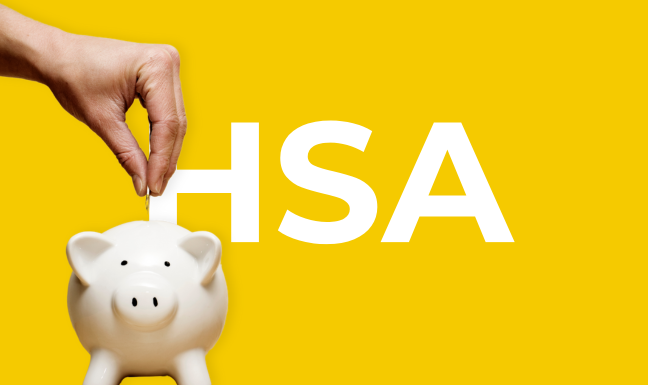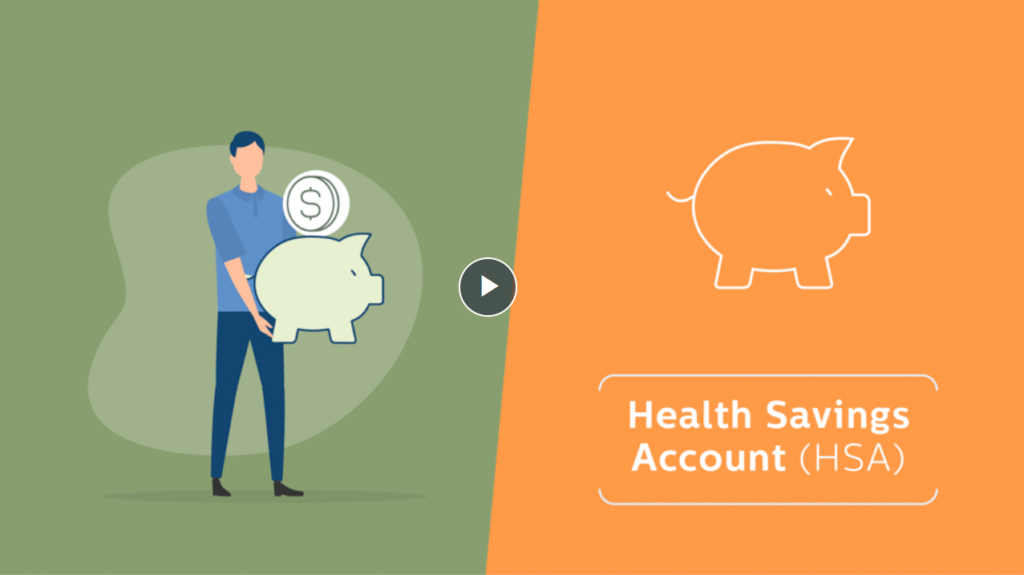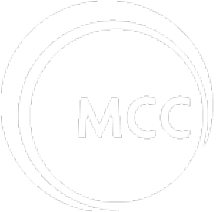
Flexible Spending Account and Dependent Care FSA
A Flexible Spending Account (FSA) allows you to set aside tax-free funds to pay for eligible healthcare expenses. A Dependent Care FSA allows you to save tax-free funds for eligible child and elder care expenses. Both accounts are subject to IRS contribution maximums and the full amount of funds must be used or you risk losing them.
The max FSA contribution amount is $3,400. The max amount for Dependent Care FSA is $7,500. FSA funds can only be used in the current plan year (Example: You can’t use your funds from this year to pay for a claim in 2024.) NOTE: You must re-enroll each year in order to participate in the FSAs.

Health Savings Account (HSA)
Health Savings Accounts are savings accounts that allow you to set aside tax-free funds each paycheck toward eligible healthcare expenses. The HSA is yours to keep forever, so the funds stay with you even if you leave MCC.
HSA funds can be used to pay for eligible expenses today or can be saved for future expenses. Any unused funds rollover year after year. Plus, you can choose how much money is deducted from your paycheck to fund your HSA.
HSA Eligibility
To be eligible to enroll in the HSA you MUST be enrolled in the High Deductible Health Plan (HDHP).
HSA Contribution Limits
- Employee Only: $4,400
- Family: $8,750
- Catch-up Contribution (ages 55+): $1,000
Maximizing Your FSA
Below are six essential tips to maximizing your FSA.
Maximizing Your HSA
Below are six essential tips to maximizing your HSA.





